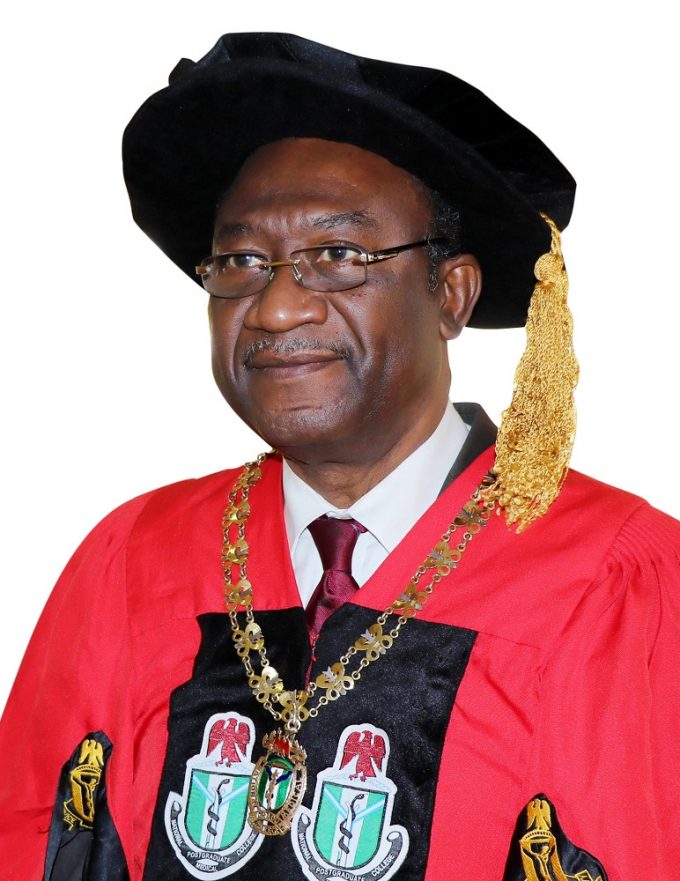With the twin impact of fuel subsidy removal and the floating of the naira, no sector in Nigeria is spared from the biting economic realities. In the nation’s tertiary institutions, lecturers—like their students—are struggling to survive.
Investigations by New Daily Prime across several campuses show that many lecturers can no longer afford to fuel or maintain their vehicles. Some have resorted to using their cars for ride-hailing or commuting passengers while heading to work.
Due to the cost of daily travel, lecturers who live far from campus now limit their physical presence to two or three days a week. This is especially true for those working in institutions with no staff accommodations.
Accommodation Woes at LASU
Lagos State University (LASU), Ojo, was designed as a non-residential institution during Nigeria’s Second Republic. But that model has become outdated. Rents in surrounding communities have become unaffordable, pushing some staff and students to convert offices into sleeping quarters.
The situation became so widespread that the university’s Senate had to intervene.
“During its 311th statutory meeting held on Thursday, June 27, 2024, the Senate considered a report from the security unit and condemned the practice of sleeping in offices and classrooms,” a statement from the Senate read. “This behaviour is not only unbecoming but also poses significant security risks and health concerns.”
Lecturers commuting from Ijanikin, Agbara, and Ikorodu to the LASU campus say the daily journey is exhausting and costly.
LASUED Staff Demand Relocation Support
At the newly upgraded Lagos State University of Education (LASUED), created from the merger of two colleges of education in Ijanikin and Epe, the situation is no better.
Lecturers stationed in Ijanikin are expected to teach at the Epe campus—a commute of several hours on poor roads. The staff recently raised concerns that the Lagos State government has not fulfilled its promise to provide relocation allowances. The bus designated to transport staff reportedly broke down, worsening the ordeal.
FUOYE Lecturers Lament Travel, Fuel Costs
Dr. Wole Jacob of the Federal University of Oye-Ekiti (FUOYE) said commuting from Ado-Ekiti to Oye daily is no longer feasible.
“A professor earns under ₦600,000 monthly. After deductions, it’s even less. Putting your car on the road from Ado to Oye is a major expense. The roads are bad, fuel is expensive, and fuel prices in Ekiti are higher than in Lagos due to freight costs,” he explained.
UNIJOS: Public Transport Now a Necessity
Prof. Adediran Ademiju-Bepo of the Theatre and Film Arts Department at the University of Jos shared a similar sentiment.
“I live in Jos East and have to come to campus frequently. I now use public transport because it’s cheaper. I lecture twice a week and only come in when necessary,” he said.
EBSU: No Staff Quarters, Rising Transport Costs
Prof. Ikechuku Okorie Igwenyi, ASUU Chairman at Ebonyi State University (EBSU), said lecturers face unique hardship due to the lack of staff housing.
“There are no staff quarters. Many lecturers have parked their vehicles at home. Daily transport costs us ₦3,000. I appeal to the state government to provide on-campus accommodation and adjust salaries accordingly,” he said.
AE-FUNAI: Salary Gone in Two Weeks
Dr. Louis Omenyi, ASUU Chairman at Alex Ekwueme Federal University, Ndufu-Alike Ikwo (AE-FUNAI), said lecturers spend half their monthly salary on transport within two weeks.
“There are no staff quarters. Many of us live in Abakaliki and travel to Ikwo. The salary barely lasts half the month,” he lamented.
Akure Zone ASUU: Harsh Economy, Frustrated Lecturers
Prof. Adeola, Coordinator of the Akure Zone of ASUU, said many lecturers now limit their campus visits to two or three days a week.
“This government isn’t listening. They ask for sacrifices while living lavishly. How do we spend ₦30,000 a week on fuel when professors earn just over ₦500,000?”
UNIOSUN’s Multi-Campus Dilemma
Dr. Taiwo Ayoola said lecturers at Osun State University (UNIOSUN), with campuses in Osogbo, Ikire, and Ilesa, find it tough to cope.
“Moving between campuses is a huge cost. Not all lecturers have official cars, and accommodations near campuses are student-style, often unsuitable. Some of us even live as far as Ibadan,” he said.
Students Are Paying the Price
Former NANS President, Comrade Lucky Emonefe, noted that students bear the brunt.
“Students are already struggling. When lecturers are demotivated or absent, students miss out. Parents are also financially burdened, so it’s a cascading crisis.”
Make Lecturers Happy, Parents Say
Alhaji Haruna Danjuma, NAPTAN National President, urged the government to prioritise lecturers’ welfare.
“A happy lecturer is a productive one. We don’t want more strikes. The government must meet its obligations to lecturers.”
Government Intervention: A Work in Progress
To ease transport challenges, the federal government began distributing Compressed Natural Gas (CNG) buses to universities in 2023. However, there are concerns about durability and maintenance.
Some state governments, including Lagos, are partnering with private developers to provide accommodation for staff and students. LASU has already seen some hostels built, though rents remain high.
Additionally, a federal committee led by former Head of Service Yayale Ahmed has been tasked with renegotiating the 2009 agreement with ASUU, potentially resulting in new salary structures.
While that may benefit federal universities first, state university lecturers hope for similar adjustments.
Until then, the struggle continues.



